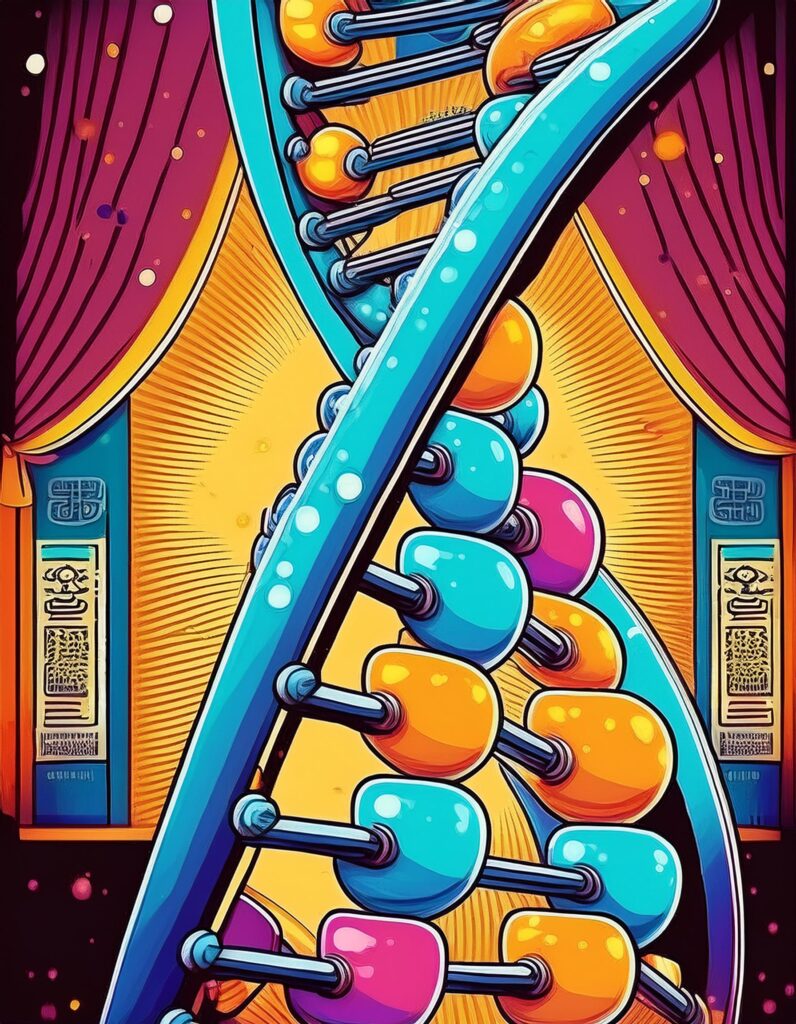



Welcome to our world of whimsical science where learning is as sweet as candy! Today, we're thrilled to introduce you to an experiment that's not only a feast for the mind but also a treat for the taste buds. It's a playful journey into the heart of our cells, where we'll be building a candy model of DNA, the very blueprint of life!
This activity is perfect for little hands and big imaginations. By using a few simple sweets, kids can construct a colorful representation of a DNA molecule. It's a hands-on way to visualize the double helix structure and understand how two strands twist together to form the backbone of our genetic makeup. Plus, it's a fantastic opportunity to discuss the importance of following instructions, as each step mirrors the precision required in scientific experiments.
Now, let's talk science! This experiment falls under the fascinating branch of molecular biology, which delves into the cellular and molecular processes that make life possible. In this activity, the candy components represent the nucleotides that form DNA's structure, showcasing the pairing rules that are fundamental to DNA replication and function. It's a tasty analogy for base pairing, where adenine pairs with thymine, and cytosine with guanine, just like how certain candies will represent each nucleotide.
- For licorice, use strips of fruit leather or long, flat gummy candies.
- Toothpicks can be replaced with pretzel sticks or thin, rolled-up strips of fruit leather for a softer structure.
- Instead of gumdrops, marshmallows, chewy candies, or even colored cereal pieces can make excellent stand-ins for nucleotides.
This experiment is ideal for children aged 7 and up, with some adult supervision to ensure safety and understanding. Preparation time is minimal, about 10 minutes to gather materials and set up your workspace. The activity itself can take anywhere from 20 to 30 minutes, depending on the level of detail and discussion. The results are immediate and, best of all, edible! It's a fantastic way to spend an afternoon, combining education with a sweet reward.
So, grab your candy, and let's build some DNA!
Click here for the full experiment details. Checkout the main website: Little Bins for Little Hands
Get experimenting!
Feed your knowledge.
Come back for more recipes for science!
Definitely get creative when choosing your candies - tailor it to your kiddies' favorites. We always have marshmallows and food coloring, which makes for a quick substitute for us. This site offers both a great printable companion for the experiment and information about DNA.